As their toddler’s scribbles turn into something that resembles letters, many parents wonder when their kid will learn to read.
Reading opens the door to learning, fun, and independence for children. Yet, learning to read is often a sensitive topic for parents and children alike. While it comes easily to many children, it can be a struggle for others.
When parents understand the mechanics behind how children learn to read, it can make the process easier for everyone. Read on to discover when kids learn to read and how you can support your child’s reading skills. We'll also cover engaging literacy activities.
When Do Kids Learn to Read?
Kids usually learn to read between the ages of 5 and 7. As is true with many developmental milestones, each child learns to read at their own pace. Some children may even start reading as young as three or four years old.
Yet, other children might not master reading until they’re in first grade. In short, there is a range of abilities when children start learning reading skills and this is normal. If you’re concerned, it’s a good idea to speak with your child’s pediatrician or teacher.
How to Teach Your Child to Read

Should you drill your child with alphabet flashcards? Or perhaps you need to buy kindergarten workbooks for your little one.
These tools can be helpful if your child’s interested in these activities. That said, memorizing the alphabet isn’t essential. Here are a few skills to practice.
Build Reading Skills as a Pre-Reader
One of the best ways to teach kids to read is by reading to them.
Read to Your Child: Before children learn to read, they need to be familiar with lots of literacy skills. For example, children need to know to read text from left to right. Children can learn this skill simply by reading books together! You can help by pointing your finger at each word as you read it.
Put it into practice: Have your child turn the pages.
Repeated Reading: Your child’s desire to read the same book over and over serves an important purpose…it leads to deeper learning. Repeated exposure to select books builds your child’s vocabulary and comprehension.
Put it into practice: As you read, try pausing before the last word of a sentence. Can your child say the missing word?
Making Predictions: Reading instruction goes way beyond phonics. Kids also need to know how to read to understand. Making predictions helps children engage with text and boost reading comprehension.
Put it into practice: Part-way through reading a book, stop and ask your child what they think will happen next. You can also ask your child how they think a character feels or how they would feel if they were a certain character.
Practice Phonemic Awareness
Another early skill is phonemic awareness. Simply, this means that words are made of sounds.
Put it into practice: You can work on this skill by noticing letter sounds. Or, turn it into a game. You might say "Mmmonkey...what else starts with mmmm?" Then, offer some examples and encourage your child to think of their own.
Try Writing First
Learning to read is a slow process that takes place over several years. Believe it or not, many children learn to write before they read. The Montessori method often takes this approach with little ones.
Why? Because writing involves “encoding.” That means that children say a word they want to write like “cat.” Then, the child recalls the letters that represent each sound and write out the word.
However, when reading, children have to “decode.” In other words, they have to see each letter and remember the sound it makes before sounding the word out. Encoding is often easier than decoding.
Put it into practice: Make flashcards of a few letters that your child knows the sounds of like "m, s, a, t." Lay out the flashcards. Then ask your child to spell "mat" with the letters. You can walk them through identifying the sounds by exagerrating "mmmmat" so they hear the "mmm" sound.
Encouraging Your Young Reader: The Best Montessori Bookshelf for Your Reading Area

Making reading fun and engaging is one thing parents can do to help their children develop a love of reading. Creating a Montessori reading area is a great way to start! Start with a simple wooden bookshelf and a comfortable seating area.
The best Montessori bookshelf options display the front of picture books. This makes books more attractive, as children can get a better view of the illustrations.
How to Set Up Your Montessori Bookshelf
When setting up Montessori shelves, remember that less is more. Young children can get overwhelmed by too many choices. So, when setting up your Montessori bookshelf, include only a small number of books. You can then rotate the books every so often so that your child can enjoy new stories.
The Montessori method also encourages parents to choose books with realistic illustrations and photos. Young children often enjoy these topics and illustrations. Plus, it helps children build a stronger sense of reality.
3 More Literacy Activities to Try with Your Child
Once you’ve set up your Montessori bookshelf, it’s time to practice reading skills! Here are a few literacy activities to try with your child.
1. Organizing Books on the Kids Bookshelves by Topic
Set out four to six books that are clearly about two themes. For example, several of the books might be about farm animals while others are about trains. Then, invite your child to sort the books into two categories and organize them on the bookshelf based on the topic.
Invite your child to talk about the books. For example, look at the covers of the books and say “I wonder what this book is about...”. As your child gets better at this activity, include more books and a greater number of categories. 
2. Parts of a Book and How Books are Made
What is an author? How about an illustrator? This may seem a bit granular for preschoolers, but it's an important part of starting your child's media literacy.
Understanding that authors are real people with experiences and perspectives can help your child later understand opinion, perspective, and underlying motives in texts.
Point out the parts of the book like the title, author, and illustrator. If your child has a favorite series of books like Clifford, you might look up the author and/or illustrator and learn about them together.
When reading a new book, read the title and look at the cover together. Predict what the book will be about and discuss how your child makes educated guesses.
3. Retelling Stories
Take your child's favorite book and invite them to “read” to you. Simply turn the pages together as your child retells what they remember of the book or story. This activity helps children build their vocabularies, analyze pictures, and practice story sequencing. Plus, it boosts reading comprehension.
These activities are great for helping kids start learning to read. Remember, with time and patience, children learn to read on their unique timelines.
One of the best ways parents teach reading is with activities such as the above. Which one will you try first?
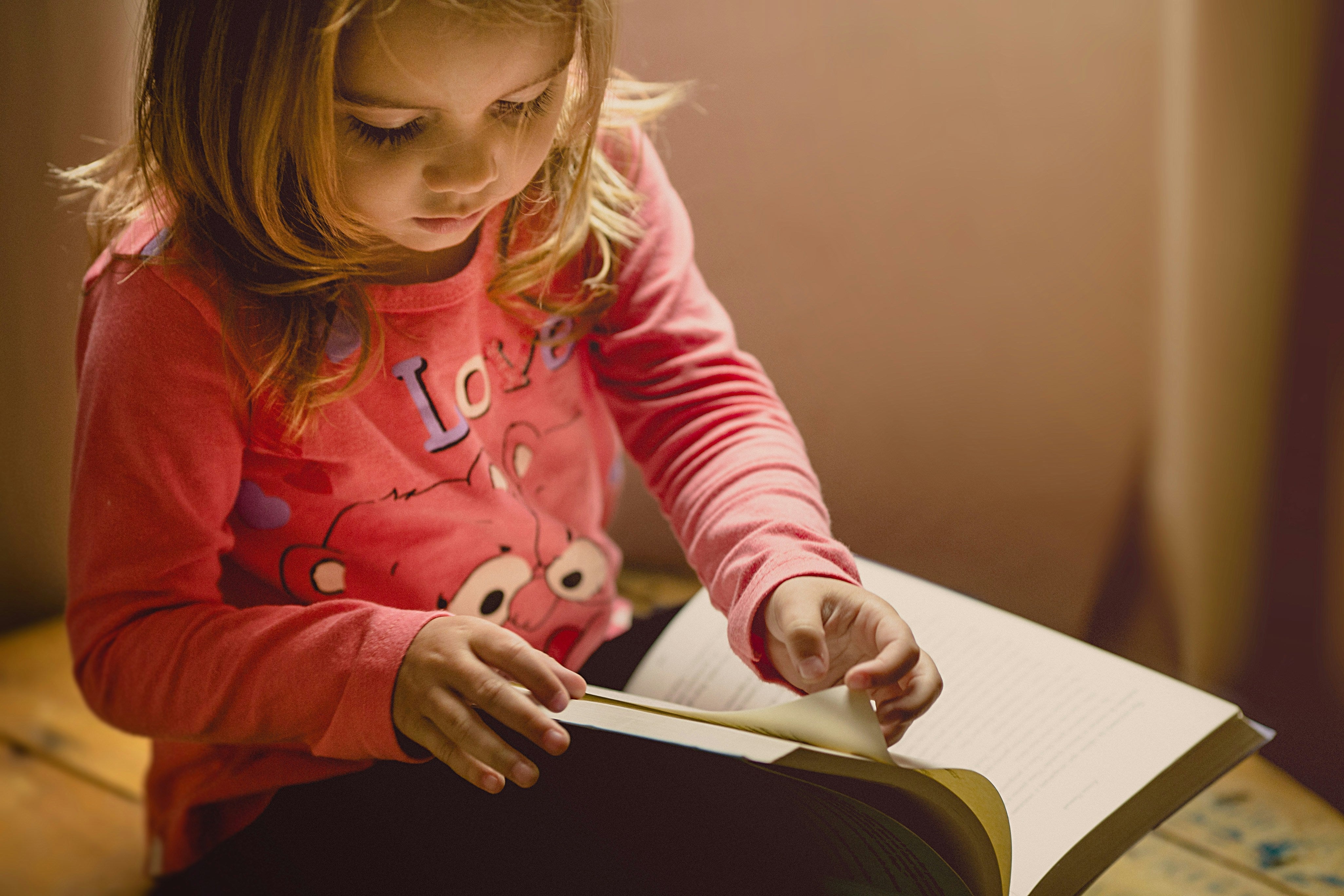

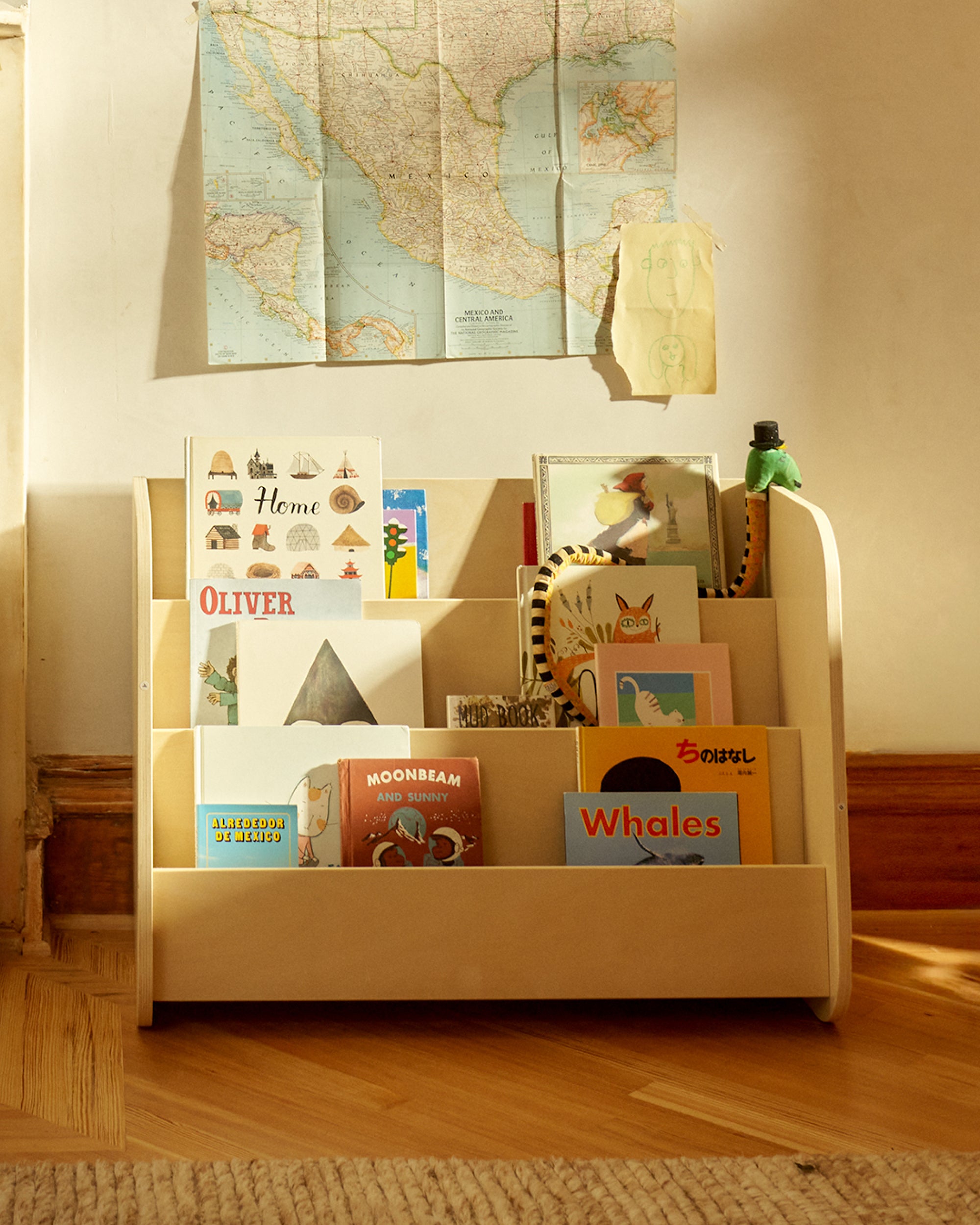
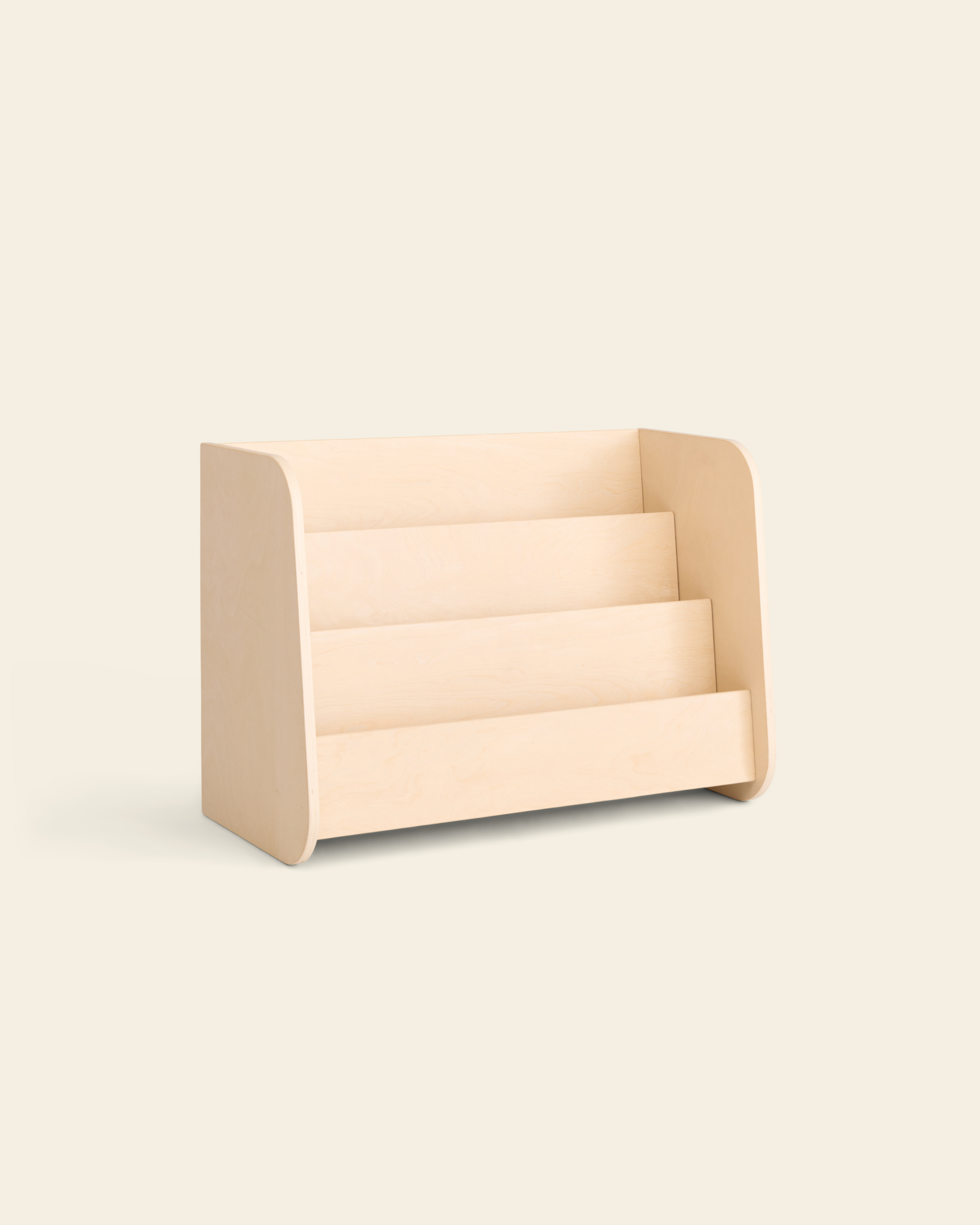
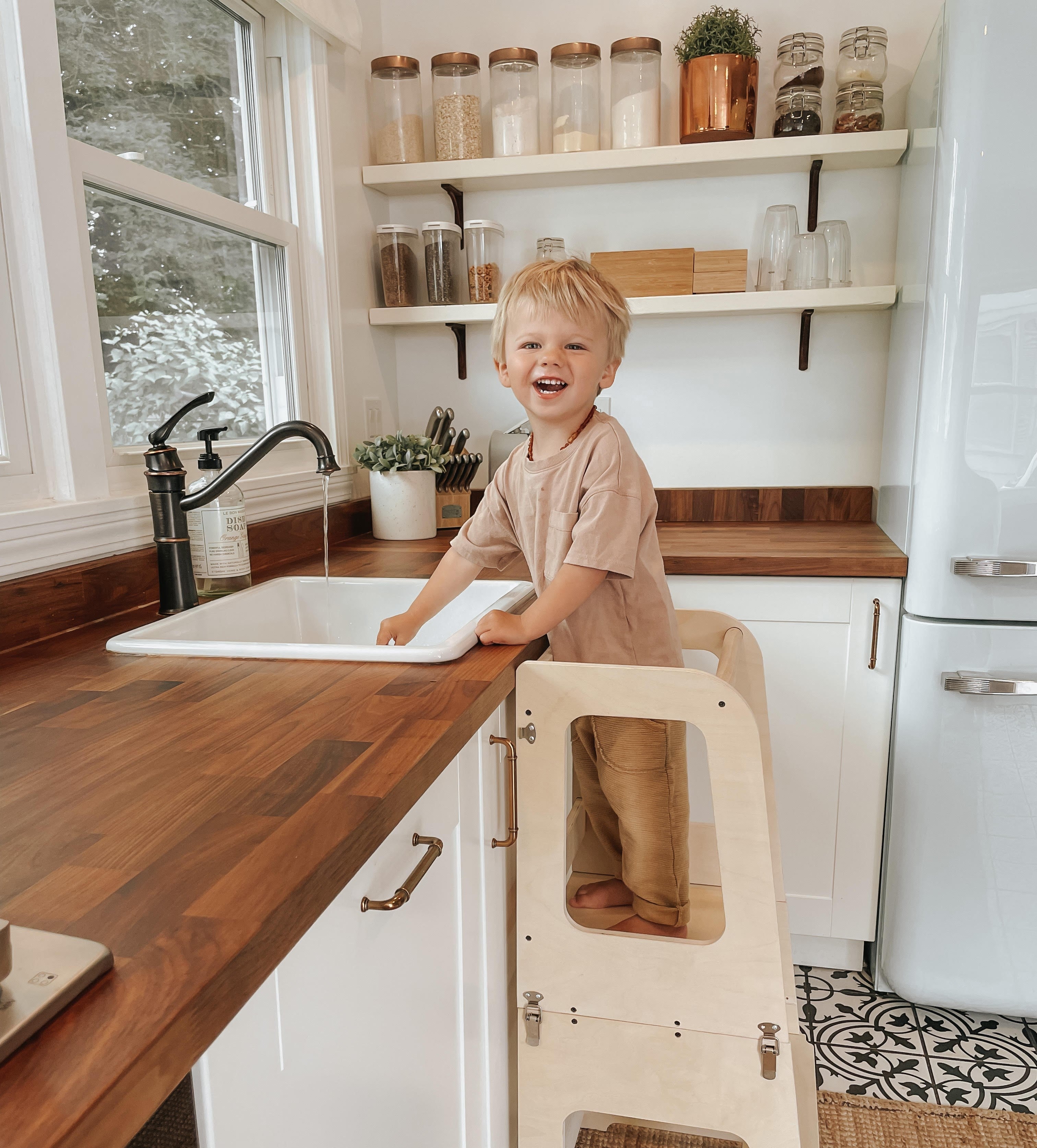
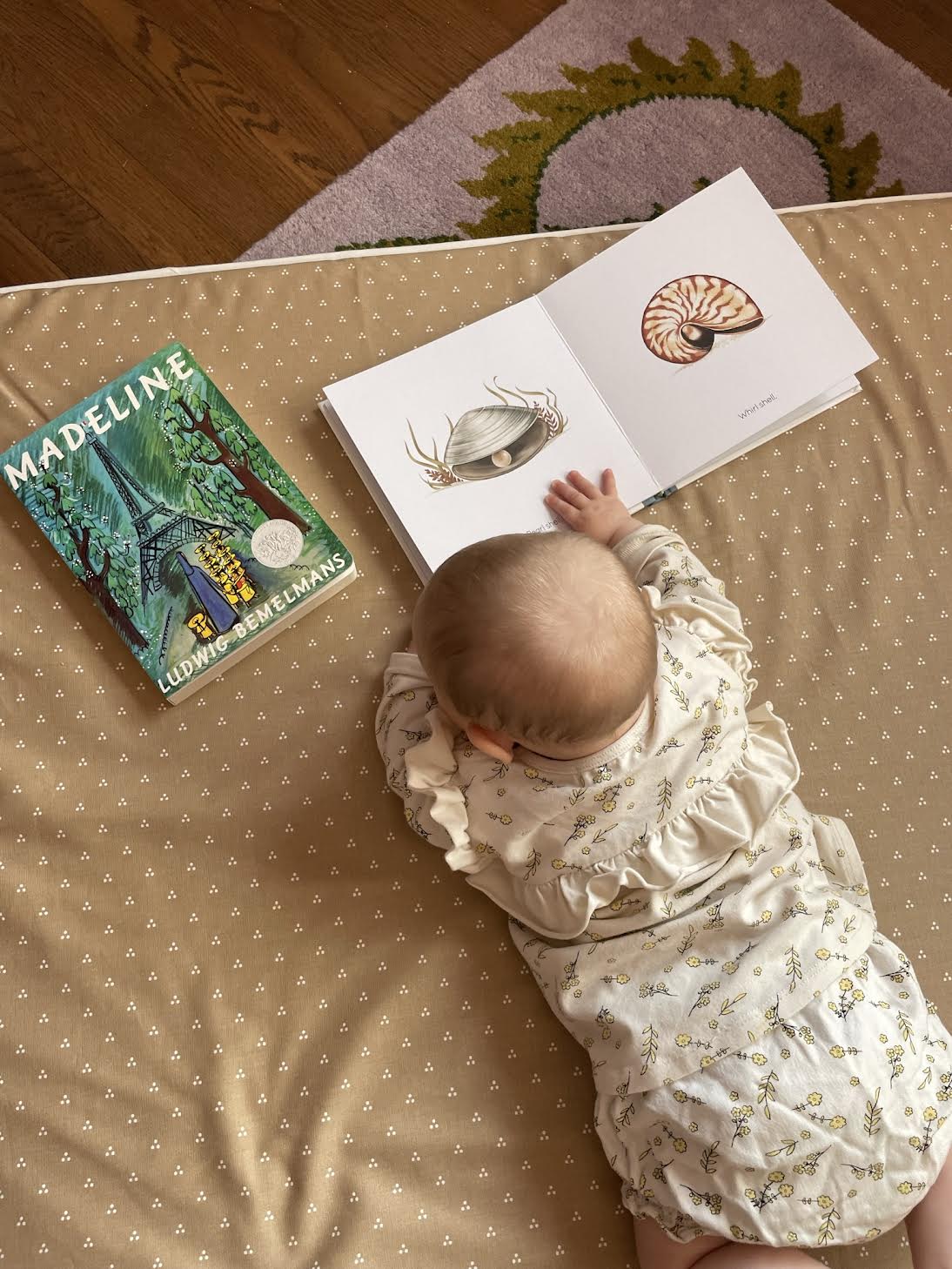
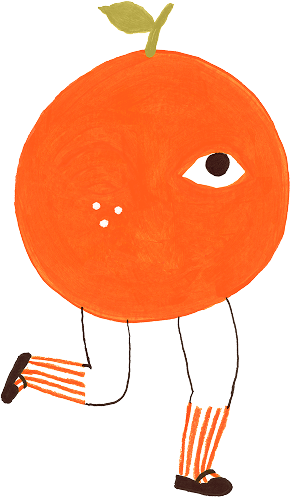
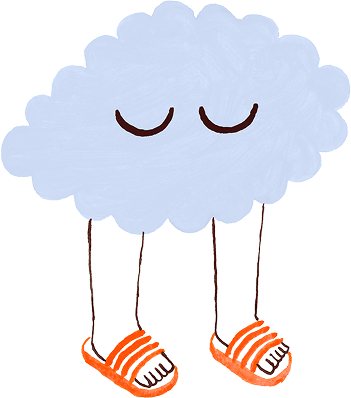
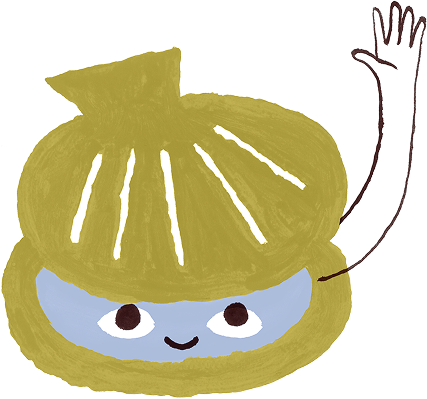
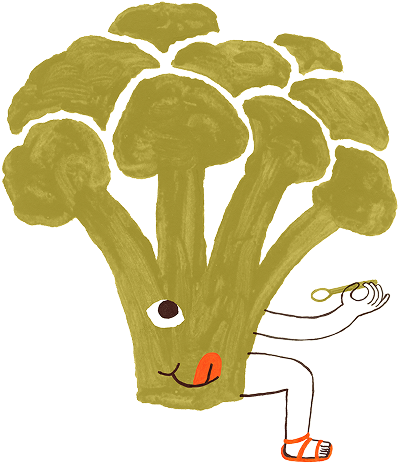
Leave a comment
This site is protected by hCaptcha and the hCaptcha Privacy Policy and Terms of Service apply.